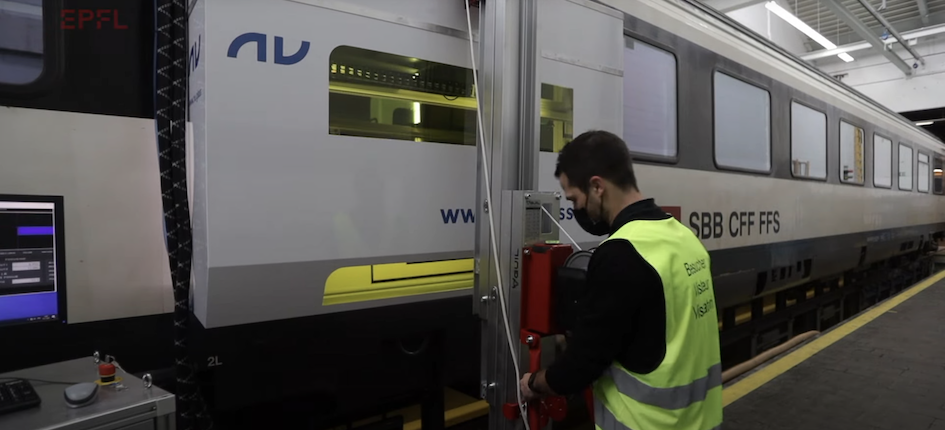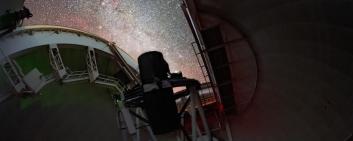Today’s train travelers expect reliable internet access during their journeys. However, the insulated window panes currently installed in trains obstruct wireless signals. Railway companies have traditionally addressed this issue by equipping each railcar with a signal booster or repeater. These devices, while effective, are expensive, consume substantial power, are environmentally unfriendly, and require frequent updates to keep pace with advancing wireless technologies.
Nu Glass has developed an innovative laser treatment that can be applied directly to installed window panes, offering a sustainable and cost-effective alternative to repeaters. The company’s recent tests on a Swiss railway company (CFF) railcar at the Olten rail yard demonstrated the potential for significant cost savings for both railway companies and mobile operators.
Around one-third of a railcar’s power consumption is dedicated to heating and cooling systems, making efficient insulation crucial. About a decade ago, railway companies began using windows with an ultra-thin metal coating to improve energy efficiency, inadvertently creating a barrier for wireless signals. The installation and maintenance of repeaters, necessary to circumvent this problem, are costly and energy-intensive, with each repeater requiring up to 700 watts of power.
Widespread implementation of the technology in Switzerland
The solution devised by Nu Glass involves a laser treatment that engraves microscopic lines into the metal coating, allowing mobile-phone frequencies to pass through without compromising the coating’s thermal insulation properties. Many window pane manufacturers have already adopted this system for new glass production. However, considering the long lifespan of railcars, typically around 30 years, Nu Glass also developed a portable version of their system to retrofit existing trains.
This portable laser system, capable of treating a single window in about 15 minutes and a full railcar in just a few hours, is specifically designed to work on curved windows, such as those on panoramic trains. The integration of an optical device ensures precision in positioning the laser for effective treatment.
Having received an EPFL InnoGrant last year, Nu Glass is ready to move to the next phase of their project. Following promising pilot test results, plans are underway to deploy the system on a train traveling across Switzerland to gather passenger feedback. The ultimate goal is a widespread implementation of this technology in Switzerland and across Europe.







